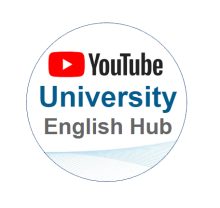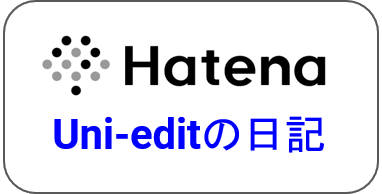難易度:初級
理想の世界では、研究は事実に基づくもので公明正大です。事実は事実であり、学術論文の著者はこれらの事実の客観的な報告者であり分析者です。
一方、現実の世界では、論文著者にはバランスを取るべき多くの利益や活動があります。たとえばDr. Changは、開業医であり、学術誌の審査委員を務め、製薬企業から研究資金を受領し、ときとして医療機器会社の代理として意見を述べることがあります。専門家が社会で多くの役割を務めるのは自然であり、いくつかの収入源を持つことは許されています。しかし、ある役割のモチベーションが別の役割の職務を侵害するとき、それは利益相反を生じる可能性があります。
Dr. ChangがAという製薬会社から資金を受領する場合、彼は意識的にまたは潜在意識で、A社の薬剤の一つについて好ましい結果を報告したいと思うかもしれません。ことによると別の薬剤のほうが効果的であったり適切であったりする場合でも、彼はA社の薬剤を患者に処方するように勧められるかもしれません。
ただ、Dr. ChangがA社から資金を受領するからといって、A社に有利である結果を常に報告することを意味しませんし、A社の製品の調査研究をできないわけでもありません。利益相反の存在は、単に不正行為の可能性があるということであり、特別な透明性が信用を築く助けとなります。利益相反は、よかれあしかれ、人間の利害関係が研究の客観性を侵しうるということです。
利益相反の開示は、学術論文発表の通常の部分です。著名な研究者は普通、報告すべき利益相反を有しますが、正当な手段で倫理的に研究を実施します。学術誌への提出物や論文に、利益相反、特に研究資金の支援に関して開示することによって、読者は、研究が人間の成果物であり、研究結果は慎重に検討しなければならないことを警告されます。しかし、肯定的側面もあります。利益相反の宣言は誠実さを示す行動であり、著者には隠すことは何もないことを示すので、その論文は信頼される可能性があります。
科学的な学術誌は、利益相反を非常に重要視します。学術論文の著者が原稿を提出するとき、通常は、いかなる利益相反も別項目で申告することが要求されます。
ときには、この申告は、"Conflicts of Interest: None"(利益相反:なし)のように簡単です。同じ意味を示す文章例は、"The authors have no conflicts of interest to report"(本著者には申告すべき利益相反はありません)となります。投稿する学術誌に利益相反を申告するための書式があるかどうか投稿規定を調べましょう。もし決まった書式がなければ、上記の選択肢のいずれかで十分です。
アイコンをクリックして、ダウンロードする: 利益相反がありますか?
利益相反がありますか?
Uni-edit English Writing Tip 008: Do you have a conflict of interest?
Difficulty: Easy
In an ideal world, research is objective and impartial. The facts are the facts, and the academic author is the objective reporter and analyzer of these facts.
In the real world that you and I live in, authors have many interests and activities to balance. For example, Doctor Chang may be a practicing physician, serve on a journal review board, receive research funding from a pharmaceutical company, and occasionally speak on behalf of a medical device company. It is natural for professionals to serve many roles in society, and having several sources of income is not prohibited. However, when the motivation of one role infringes upon the duties of another role, this can present a conflict of interest.
If Doctor Chang receives funding from Pharmaceutical Company A, he might want to, consciously or subconsciously, report favorable findings about one of Company A’s drugs. He may be encouraged to prescribe the drug to his patients, perhaps when another drug would be more effective or appropriate.
Just because Doctor Chang receives funding from Company A does not mean he will always report results that are favorable to Company A, nor does it mean he cannot research investigating Company A’s products. A conflict of interest is just the potential for misconduct: a place where extra transparency can help build trust. A conflict of interest is where human relationships, for better or worse, could affect the objectivity of research.
Conflicts of interest are a normal part of academic publishing. A reputable researcher usually has conflicts of interest to report; however, he conducts his research honestly and ethically. By disclosing conflicts of interest, especially research funding, in your journal submissions and papers, readers are alerted that research is a human endeavor, and that the research results should be examined carefully. However, there is a positive aspect too. Declaring conflicts of interest is an act of honesty: it says the author has nothing to hide, and can be trusted.
Scientific journals take conflicts of interest very seriously. Journal authors are typically required to state any conflicts of interest in a separate section when they submit manuscripts.
Sometimes this statement is as simple as “Conflicts of Interest: None”. A good sentence meaning the same thing is “The authors have no conflicts of interest to report”. See if your target journal has a preferred format for stating conflicts of interest in their Instructions for Authors page; if not, one of the options above should suffice.



